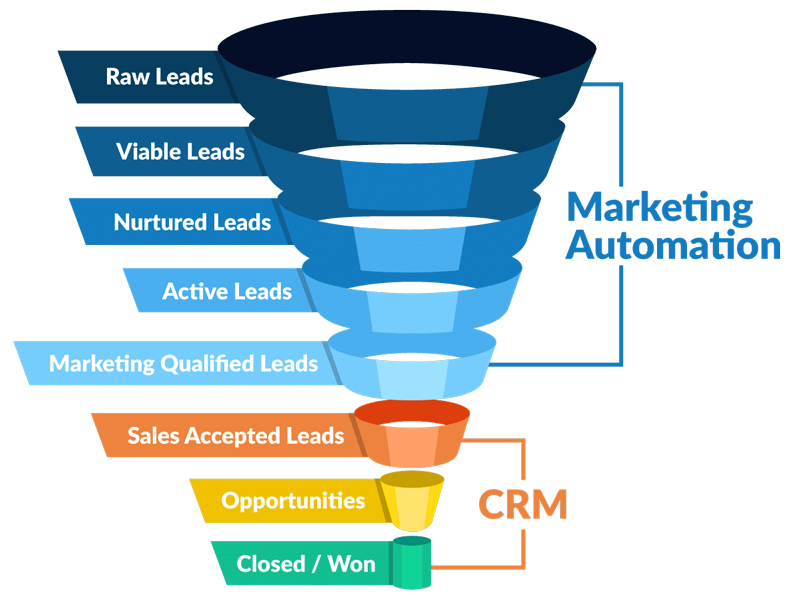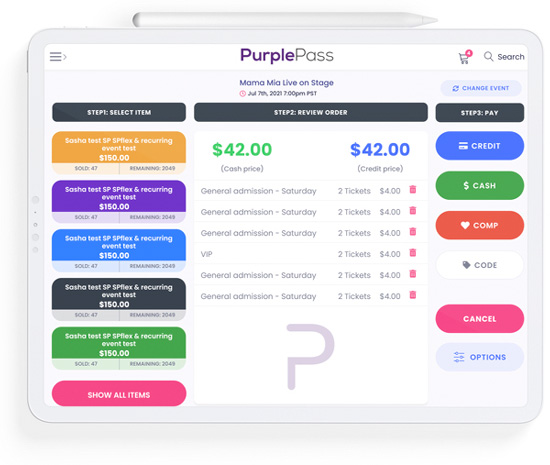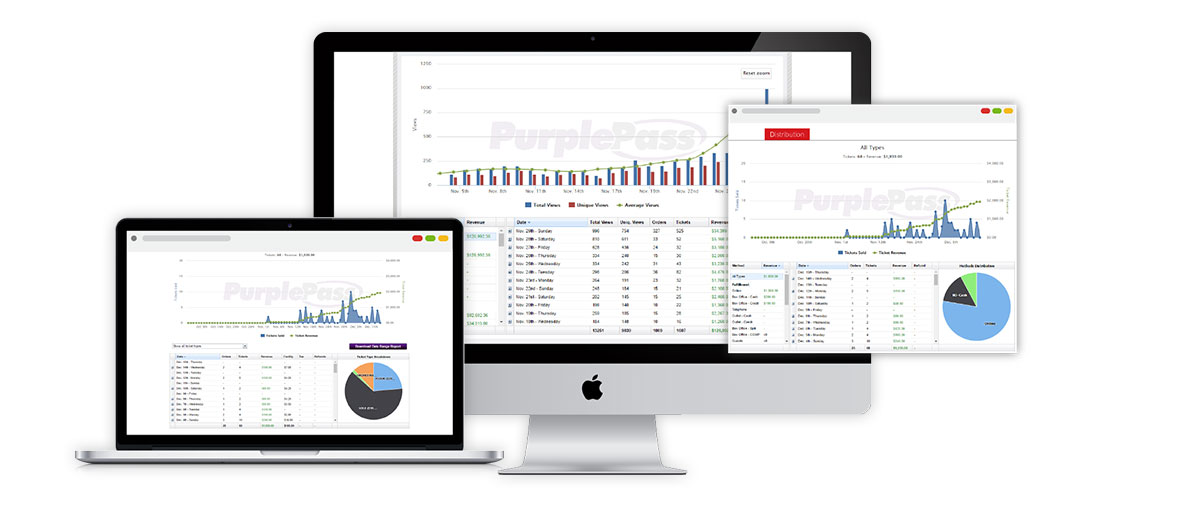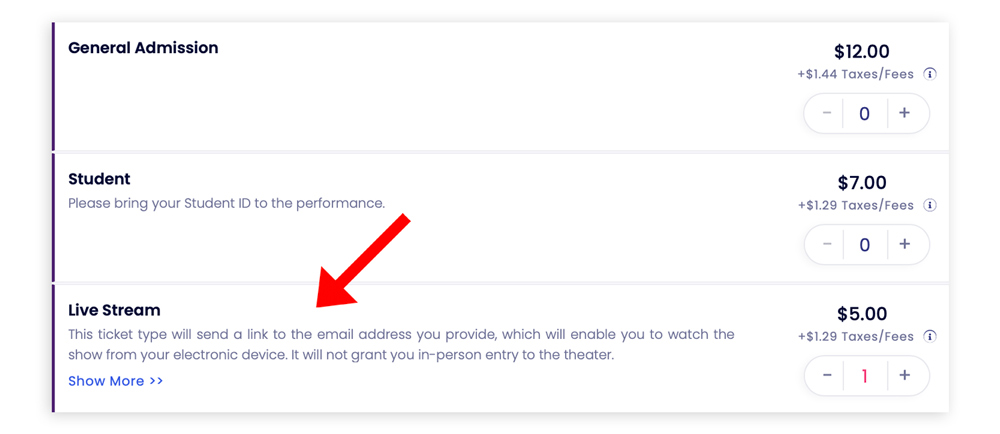Top Event Management Trends You Should Already Be Following (2022)
Event management is a massive industry that is ever-evolving, especially in the age of social media and the post-COVID-19 era.
Whether you manage events for local businesses, a nearby school, or even an organization or charity of your own, understanding event management trends is a way to gain valuable insight into what works best in the event management industry today.
Tech Automation
 The rise of automation in tech is nothing new, but it is becoming rapidly more commonplace with each year that passes. If you are thinking of hosting events, seeking event management platforms that not only help with data collection but also with automation of tasks, is highly advisable.
The rise of automation in tech is nothing new, but it is becoming rapidly more commonplace with each year that passes. If you are thinking of hosting events, seeking event management platforms that not only help with data collection but also with automation of tasks, is highly advisable.
Using automated software is a way to save time while focusing on what matters most for your business, organization, or cause.
Some ways that automation can come in handy when managing events today include:
-
Sending automatic surveys: Send automatic surveys to perspective and/or past event attendees using SurveyMonkey for data collection purposes and for future event planning guidance.
-
Easily manage attendee/guest/sponsor relationships: Use a CRM such as HubSpot to manage and track your attendees and those you are inviting to any of the events you manage. Using a CRM provides one central location and dashboard to access more details about individual contacts and attendees themselves.
-
Use a cloud CRM: Another way to take advantage of automation today is to consider using a cloud CRM, such as Zoho. With Zoho, use a cloud-based CRM to manage everything from traditional contacts, email, and attendees to the finances and marketing of any event you are planning.
-
Find the right ticketing solution for your event: Choose a ticketing solution that provides the ability to diversify your ticketing options, such as Purplepass. For example, with Purplepass, you have control over your ticketing options with tech support for building flexible ticket types; group passes, virtual tickets, season passes, VIP, etc.
An Event Management Software
 Using an event management software is one of the biggest trends in event management today, for in-person, virtual, and even hybrid events. Event management software is not only ideal as it helps to streamline planning events with automated features, but it is also a useful tool for handling the planning of an event from start to finish.
Using an event management software is one of the biggest trends in event management today, for in-person, virtual, and even hybrid events. Event management software is not only ideal as it helps to streamline planning events with automated features, but it is also a useful tool for handling the planning of an event from start to finish.
Possible benefits of using an event management software often include:
- Online reservations
- Managing sales and tracking
- Ability to create seating maps
- Virtual/hybrid events
- Custom ticket types
- Collecting payments
- Insights and tracking reports/accounting support
- Box office
- Marketing and integrations
Data Protection

Whenever you are hosting an event in today’s age, it is imperative to do so using a secure platform and server, especially for managing your event or any information and data you collect from your guests, attendees, sponsors, and vendors. Data protection should be a top priority whenever there is data collection or when you are providing an online platform to purchase tickets and other items or merchandise.
Before building a website of your own, consider choosing a solution that is reliable and heavily trusted, such as Purplepass. With Purplepass, maintain your peace of mind knowing that the data that is sent and received between your event attendees and your ticketing platform is encrypted and secured at all times.
Using the Hybrid Event Model
 Another one of the latest trends in event management today is using the hybrid event model. Rather than limiting yourself to hosting an event indoors and in-person or solely online, many event managers and organizers alike are choosing the hybrid event model. The hybrid event model maximizes the ability to reach as many attendees as possible while providing many ways for your guests to attend.
Another one of the latest trends in event management today is using the hybrid event model. Rather than limiting yourself to hosting an event indoors and in-person or solely online, many event managers and organizers alike are choosing the hybrid event model. The hybrid event model maximizes the ability to reach as many attendees as possible while providing many ways for your guests to attend.
According to one study from LinkedIn, over 85% of participants had held a virtual event at least once in the past year in the post-COVID era. Event marketers chimed in that they believe that while in the future, 36% of all events will remain in-person and another 40% of events will be virtual events, hybrid events will steadily become more popular with up to 25% of all events being classified as a hybrid event.
Some of the most notable advantages of hosting hybrid events include:
-
Increased reach and visibility: See a dramatic increase in your overall reach and visibility both online and off when hosting a hybrid event.
-
Better ROI: For an improved ROI, consider hosting a hybrid event. By hosting virtual events besides an in-person event, you can maximize sales opportunities while reducing overhead costs and additional venue or service costs.
-
Valuable insights: Using the right event management platform with hosting hybrid events is one of the best ways to collect valuable customer data and insights into your event’s attendees, sponsors, vendors, and guest speakers. Using data that is collected in real-time and tracking data based on ticket types sold and types of merchandise sold can go a long way for planning for future events.
-
Sponsorship and Vendor Opportunities: Hosting an event both in-person and online provides additional opportunities to seek vendors and working with sponsors. Offering many ways to attend your event can help with finding brands that have a massive online following and local sponsors who can help to support your event.
-
More flexibility: Offering online events that your guests can attend is ideal if you prefer to maintain control and flexibility while managing your events. With virtual and online gatherings, you can remain open and flexible for scheduling and limiting attendees at all times.
Some more tips for event managers
Working as an event manager requires more than the ability to handle the logistics and planning of an event. Some tips to keep in mind as an event manager include:
-
Know your audience: When planning an event, know the audience you intend to reach (both online and off). Clearly define the demographics and message you wish to convey before you promote your event.
-
Plan ahead of time: Always give yourself enough time to plan for an event, with time for unexpected disruptions, supply chain issues, or even service trouble.
-
Streamline your efforts: One of the best ways to streamline your efforts as an event planner is to do so with the right event management software, such as Purplepass. Using event management software is highly recommended to help manage everything from data collection and seat map tracking based on sales to handling various ticket types, including online, in-person, as well as hybrid.
-
Provide options: When promoting an upcoming event, providing as many options as possible while selling tickets and merchandise is essential. Offering one central platform where your guests can browse vendors, merchandise, and various ticket types is one way to significantly increase sales and overall revenue.
Keeping up with the latest trends in event management is essential for schools, charities, local companies, and even growing corporations today. The more comfortable you are with the ins and outs of event management and event management software, the easier it will be to take on managing your next event from start to finish.






